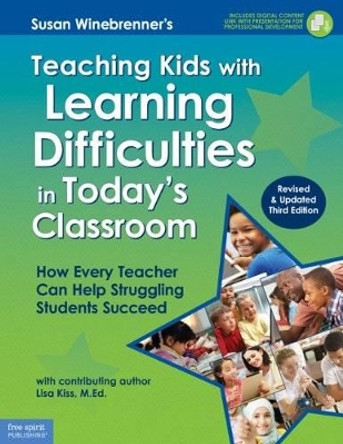Description
About the Author
James G. Cibulka, Ph.D. Throughout his career as an educator, Cibulka has advocated for reforms that support greater student learning opportunities, particularly for disadvantaged youth. He has been a K-12 teacher, university professor, dean, and founding president of the Council for Accreditation of Educator Preparation. He is a former president of the Politics of Education Association (PEA) and senior editor of Educational Administration Quarterly. Bruce S. Cooper, Ph.D. is Professor Emeritus at Fordham University, a scholar and researcher in the areas of private and religious schools, with an interest in school administration and policy. He was President of the Politics of Education Association (PEA), a recipient of the Jay D. Scriber Mentoring Award, from University Council Educational Administration, 2008; and President: Associates for Research on Private Education (ARPE), SIG of AERA; and Editor of the Private School Monitor, 2007-2012.
Reviews
This book is an insightful read about the use of technology as a powerful tool to infuse global knowledge and skills - not only in our classrooms, but more broadly for the teaching profession. It speaks to teachers and will help them address their research, curriculum development, professional development and real classroom situations to enhance their practice and impact student learning. -- Peggy Brookins, National Board Certified Teacher, President and CEO National Board for Professional Teaching Standards
Educational technology grabs headlines as advocates and critics vie for advantage. But Cibulka and Cooper do a real service by cutting through that and instead diving into what it will take to make it work for students. -- Andrew Rotherham, co-founder and partner, Bellwether Education
This insightful book bridges a gap between dedicated technologists and educators; patently, the fissure between unquestioning enthusiasm for all-things digital and the uncertainties of schools' scarcities in funding, including debates about effective instructional practices and material. Cibulka and Cooper engineered a conceptual architecture for which chapter authors cannily link the promise of technology with teaching and learning and reality of schools' ongoing financial and technological challenges. This book offers readers a comprehensive overview of the core conditions for technology use in learning, while acknowledging the political, cultural, and human influences on schools' efforts in spanning the digital divide. -- Jane Clark Lindle, PhD, Eugene T. Moore Distinguished Professor of Educational Leadership, Clemson University
Book Information
ISBN 9781475831030
Author James G. Cibulka
Format Hardback
Page Count 196
Imprint Rowman & Littlefield
Publisher Rowman & Littlefield
Weight(grams) 422g
Dimensions(mm) 235mm * 163mm * 20mm







